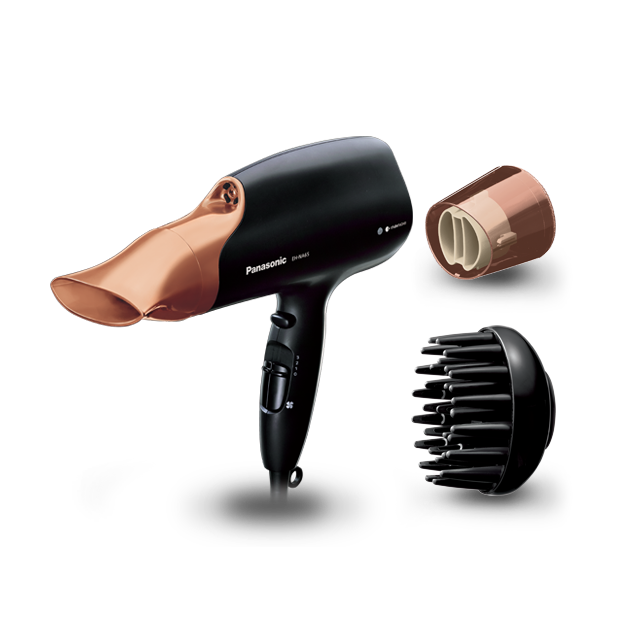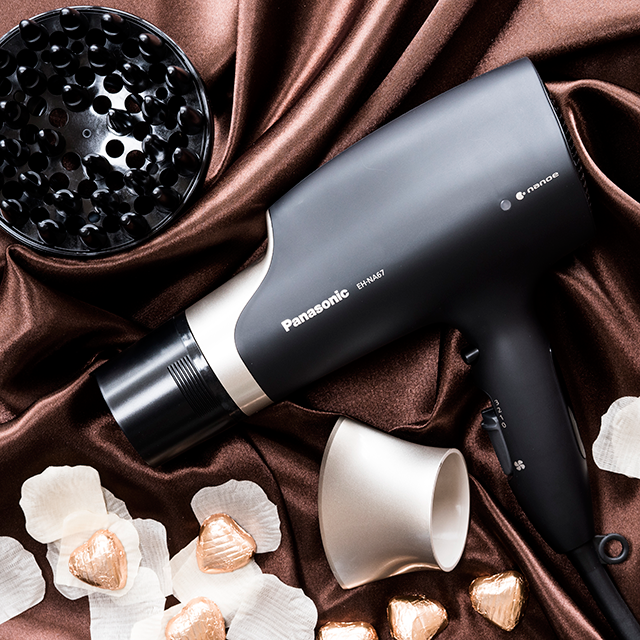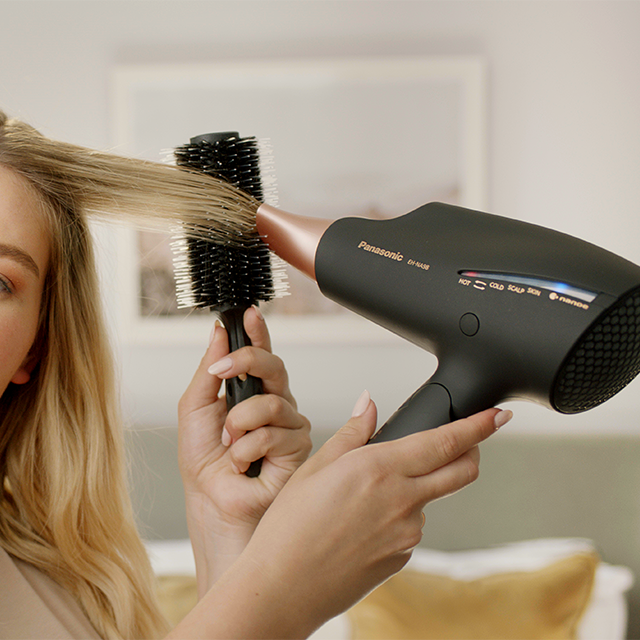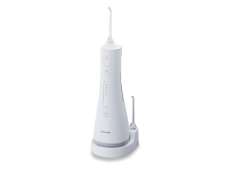4 Common Flossing Myths Dispelled
So, what’s the score with flossing? We all know the importance of brushing regularly, but do we know enough about the crucial dental health benefits of flossing? How exactly does it work? Well, it’s time to dispel some of the unfounded myths about flossing and reveal the facts that will really help you up your dental health game!

Myth 1: Flossing Can Only Be Done With Dental Floss Or Picks
Fact: In addition to dental floss or picks, flossing can also be done with oral irrigators or water-based flossers. Oral irrigators, such as Panasonic’s Portable Oral Irrigator EW1511, clean teeth and gums using water pressure and are a gentle yet effective alternative to dental floss or picks.
The Panasonic EW1511 Oral Irrigator with Ultrasonic Water Jet technology
Myth 2: Flossing Is Only Necessary When Food Gets Stuck In My Teeth
Fact: Flossing every day is essential to ensuring healthy teeth and gums, and not just something for when you have food stuck in your teeth.
Plaque is most likely to hide in the areas between your teeth as they’re the most difficult spots to reach with a toothbrush. And even the most powerful mouthwash won’t get rid of stubborn biofilm – bacteria colonies that flourish in our mouths. Regular flossing expels food debris caught between teeth and removes plaque and bacteria in the deeper spaces around your teeth. Flossing should be the foundation of a good mouth-care routine.
Myth 3: Having Braces Or Other Dental Restorations Means I Can’t Floss
Fact: For those with braces and other dental restorations, flossing with string or picks can be uncomfortable, as well as time consuming. That said, it is still important to floss, particularly to remove debris from areas which are difficult to brush. In such cases, a water-based oral irrigator will be invaluable. Oral irrigators are a much gentler option for cleaning between teeth when compared with string flossing, making them the ideal choice for those with braces and dental restorations such as bridges, crowns and implants.
Oral irrigators are ideal for anyone with braces, crowns or implants.
Myth 4: Flossing Can Be Painful
Fact: Provided it is done correctly, with a healthy mouth, flossing should not hurt at all. For people with gum disease, flossing can prove uncomfortable at first, but after regular flossing most find it becomes less painful. For those concerned about any discomfort, using a gentle, yet effective water flosser, complete with different pressure settings, is recommended. Water flossers are known for being less irritating and allowing for more control. Anyone experiencing pain while flossing should also speak to their dentist about their flossing technique.









